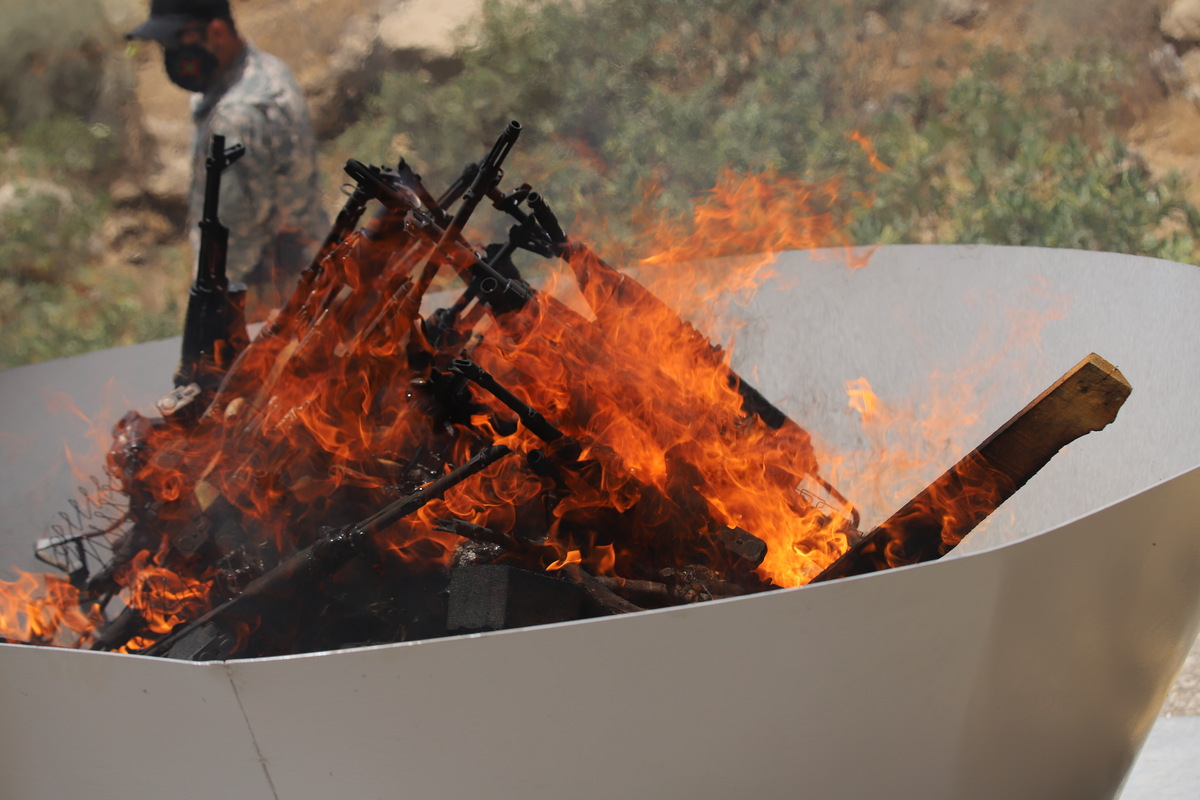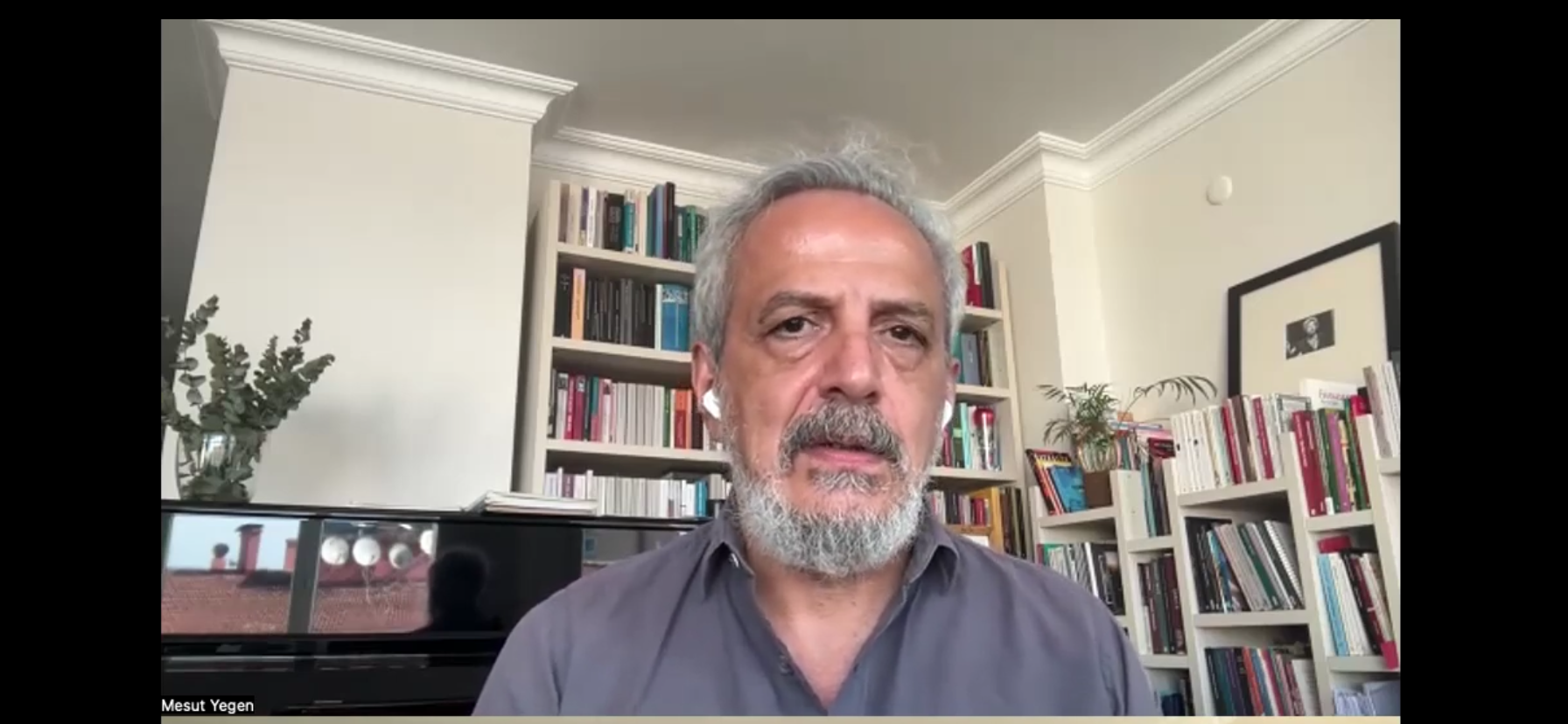Peace Process in Turkey in Its Second Phase
Picture Credit: Erkan Gulbahce
The peace process that has been ongoing in Turkey for a year has entered a new phase. With the announced withdrawal of Kurdish guerrillas beyond Turkey’s borders, the leadership of the now-dissolved Kurdistan Workers’ Party (PKK) stated that the second phase of the process had begun.
Meanwhile, the work of the National Solidarity, Brotherhood, and Democracy Commission, which was established in August as part of the peace initiative in the Turkish Grand National Assembly, is also nearing completion. On 30 October, the Ministers of Justice and of Foreign Affairs were heard in a closed session of the Commission.
According to a source familiar with the discussions held in the Commission, Foreign Minister Hakan Fidan used more moderate language than in his previous statements, but reiterated his constant objections regarding the position of the Syrian Democratic Forces (SDF) in Syria. The source claimed that Fidan had stated that the current position of the SDF poses a security risk for Turkey.
“If there are any issues that require legal regulation in relation to this process, these matters are entirely at the discretion of Parliament”
On the other hand, the Minister of Justice Yılmaz Tunç, who was also heard in the closed session, is stated to have spoken with a more positive approach, indicating that his office would take into account the work to be done by the Commission in terms of the legal regulations related to the process. Indeed, Justice Minister Yılmaz Tunç confirmed this in his statement after the commission meeting:
“As the Ministry of Justice, we have shared with members of parliament and members of the Commission our efforts to facilitate the process and resolve issues arising from administrative practices implemented to date to ensure the process’s success. If there are any issues that require legal regulation in relation to this process, these matters are entirely at the discretion of Parliament. Therefore, we will continue our work in line with the decisions they take and the roadmap they draw up, in accordance with the common will they express on behalf of the nation.”
However, observers in Ankara indicate that the state’s stance on the process will become clear after the presentation by the Director of the National Intelligence Organization (MİT) İbrahim Kalın, who is expected to be heard in a closed session next week. It is expected that the Commission will conclude its work towards the end of November.
Meanwhile, despite all the insistence of the Kurdish side, it is observed that the Commission has not yet taken any initiative regarding meeting with Abdullah Öcalan on Imrali Island. It is suggested that this issue may also be clarified after Kalin’s presentation to the Commission.
Peace talks aimed at ending Turkey’s 40-year conflict are progressing on three main pillars. The first pillar consists of the process of negotiations between Abdullah Öcalan, who has been held on Imrali Island since February 1999, and Turkish state officials. The state side is conducting this process through MİT Director Ibrahim Kalin.
The steps taken by the Kurdish movement following Öcalan’s February 2025 declaration to end the war and dissolve the PKK constitute the second important pillar of the process. After declaring a ceasefire, the Kurdish side announced in May that they would end armed struggle and dissolve the PKK’s organizational structure. Subsequently, in July, a group of guerrillas, led by Kurdistan Communities Union (KCK) Executive Council Co-Chair Besê Hozat, symbolically burned their weapons, taking the first concrete step. Finally, last week, they announced that guerrilla forces had withdrawn beyond Turkey’s borders. The third pillar in the process is the work of the 51-member Commission formed in the Turkish Parliament with the participation of all but one of the 12 parties represented in Parliament. So far, the Commission has consulted with numerous individuals and organizations in 16 sessions.
Although the Turkish state has not explicitly promised to take any concrete steps since the beginning of the process, the Kurdish side has expressed its expectations at various stages. In addition to numerous requests for legal reforms, on 26 October, at a press conference held in the Qandil Mountains regarding the withdrawal of guerrillas from Turkey, members of the KCK Executive Council and the autonomous women’s army YJA Star (Free Women’s Units) read a statement which asks for a Transitional Law unique to the case of the PKK.
The Amargi
Amargi Columnist


